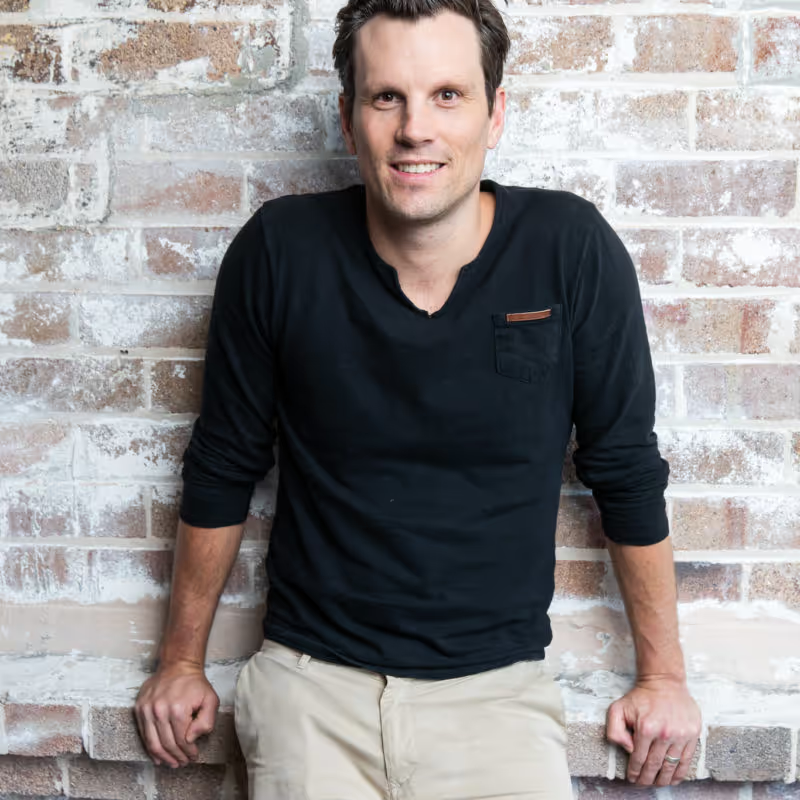
So you’ve got an idea, now what?
Mentoring in our Giants program, we get to hear lots of common questions from idea stage founders. Here's how we answer them.
Back in 2019 I attended the Startmate accelerator demo day as a friend’s plus 1. I was brand new to startups. And ten years of doing strategy consulting to the corporate world had not prepared me. At all.
‘We’ll solve the chicken-and-egg problem by…’ the first founder said. I wondered why they were talking about food when they had a software company.
‘Our flywheel is spinning,’ said another founder. Flywheel I thought? Like fly fishing?
‘MAU is 10k, DAU is 800, churn is 11%, and CAC is $1.50,’ the numbers came in rapid succession from the third founder who was speaking fast in order to cram as much as he could into his three minute pitch. To me, it may as well have been a foreign language.
Fast forward three years later and I’m now part of the Investments team at Blackbird. Part of my role is to help run and mentor in our Giants program, which sees 600+ idea stage founders a year go through a 12 week mentoring program to validate and progress their startup ideas.
Many of those founders have an idea, but still feel like I did back in that room at my first demo day – like I was out of my depth, had no idea how to break into this space, and didn’t speak the language.
This blog post is for you. The people brave enough to take the leap, and do the work, to become founders.
After a year of Giants, here are the most common questions our mentors hear.
Is my idea any good?
Let’s start with the question everyone wants the answer to, but most of us are too scared to ask.
Our ideas are like children. We may have nurtured them for years. We’ve sacrificed time and money and energy for them. They were conceived by… (ok probably taking the metaphor too far here).
It hurts when someone says your child is ugly. It’s even worse when someone advises you to abandon it now. And as you take your wild idea to the world, you will get people telling you to do that. You’ll also get people telling you to never give up if you want to be successful and that AirBnB were laughed at for their idea in the beginning too. (Who on earth would want to sleep on a stranger’s couch?!)
There are a couple of practical steps to get some feedback on if your idea is any good:
- Search for people who have had the same or similar ideas to yours (there is ALWAYS something similar – even if you have to look across industries). Interview the people currently doing it about why they think they are succeeding. Then interview the founders of failed businesses about why they failed. Do you still think this is a good idea?
- Talk to some investors / advisors who are experts in the space and have seen many of these similar businesses. Do any of them see promise in your idea?
- Build an MVP and test it with customers. If they complain vehemently when you try and take the product away from them, then ignore what anyone else says. You have a great idea.
Should I keep my idea secret?
No. You should tell everyone.
EVERYONE.
If you don’t tell everyone then they can’t help you. And you will need a lot of help on this journey.
Also, don’t bother asking anyone to sign an NDA unless you’ve invented the cure for cancer or a working quantum computer. Ideas aren’t worth much without execution.
Should I quit my job to go full time on my idea?
Startups are stressful enough. Quitting your job before you have a clear line of sight to getting investment or revenue so you can pay yourself just adds extra pressure.
You should be able to at least validate your idea whilst working full-time. Once you know you are onto something, then you might consider whether you can negotiate a career break from your current job. Perhaps you go part-time. Or quit your job but do freelance contracting in the same field.
If you are looking to raise money from investors, they will expect you to be full time at that point. But there is a lot you can do to validate your idea before adding the extra stress of being income-less.
I need to raise money to build my MVP.
Whoa there. You might want to backtrack a bit and validate your idea first. Let’s come back to this.
FYI – MVP means minimum viable product, the simplest version of your product that actually works.
Ok, then how do I validate my idea?
First validate the problem. How do your potential future customers solve this problem currently? If your idea is a productivity tool, perhaps people hack a solution together with spreadsheets and Google docs. If your idea is around travel planning, maybe ask the frequent travellers you know how they currently put an overseas itinerary together. If your customers aren’t solving the problem in some way, perhaps they just don’t care enough (not a good sign).
Second, validate your idea with customers. You don’t have to build the whole product! There are two ways you can go about this:
- Solve the problem in a manual way first by hacking together a solution
- Test customer demand with a waitlist / pre-orders / crowdfunding campaign etc.
Money is the best signal. If someone is willing to pay you, then you’re solving a real problem.
Ok, I validated my idea. But how do I build the MVP?
Some founders have the skills to do this themselves. Most of us don’t.
Outsourcing the technical build of your product isn’t ideal. It’s expensive. But it also means you can’t constantly be iterating it and upgrading it in response to customer feedback. And trust me – there will be a LOT of customer feedback in the early days. Your first product is meant to suck.
If you’re a solo founder, you can get a long way to validating your idea using no-code tools.
If you have money, or raise money, you can hire an engineer to build it for you.
Of course, the best option is teaming up with someone who has the skills to build a product, and shares your passion for the problem space. A cofounder.
Do I need a cofounder?
No. But it will probably help, particularly if you are coming from a non-technical background. It will also make the decade ahead a lot less lonely.
It’s really hard to find someone who shares your passion for the space, has a skillset that you need, and that you want to spend the next ten years with.
What should my goals be? Everyone says startups move fast, but what does good look like in the early days?
Perhaps this is one of the biggest myths out there. At the beginning, when it’s just you, most of your time will be spent doing things you are really bad at. And it’s hard to be fast at things you suck at.
Doing customer interviews, building a website, using no-code tools to build your MVP, learning how to pitch for investment, officially registering your company, understanding paid marketing… the list goes on.
At the very beginning, speed refers more to how quickly you learn. And how quickly you improve your product.
Later on, as you start to scale then speed refers to how quickly your team, your customer base and your revenue are growing.
Don’t worry about that at the beginning. Just get learning.
What are investors looking for, and how do I get a meeting?
Investors are looking for ‘spike’ – one thing that stands out about you, your idea, or your company.
To get a meeting, we don’t want everything to be perfect, just one thing to be outstanding.
Did you work at Canva and see a unicorn scale from the inside? Do you have a PHD in something obscure, which means you are one of the only people in the world able to build this technology? Do you have a unique insight into the construction industry where you worked for years? Or do you have off-the-charts traction that might get an investor excited?
Show us your spike, and we’ll take the meeting. This is what we at Blackbird look for in founders.
How much traction do I need to get investment?
It depends on the investor! At Blackbird, the answer is none. Two thirds of the investments we made last year were pre-revenue - which means companies that have never made any money. Canva, Eucalyptus and Zoox were all just ideas when we wrote our first check. However, it always helps to have some traction.
Traction does NOT mean revenue.
It can be all the customer interviews you’ve done to validate the problem. It can be promising progress on developing the science of your deep tech idea. It can be a website landing page and a waitlist of customers for the product you haven’t built yet. It can be a community that you’ve built up on Slack. It can be agreements from customers to trial your product.
As investors, what we are looking for with traction is three things:
- Proof that the problem is a real one for customers
- Proof that your proposed solution actually solves the problem
- Proof that you as the founder have the traits that will enable you to succeed over the long term.
What about accelerator programs?
We think Accelerators are amazing, especially if you’ve never done a startup before! They’ll teach you all the ins-and-outs of growing a business, how investment works, and how to shift from being a founder to a leader as you start to grow your team
Most importantly, you get to share the journey with other founders. Imagine having a squad of people cheering when you land your first customer, on hand to answer tricky questions like ‘how do I figure out payroll tax for my first hire?’, or simply an empathetic smile after another long week of hustling with seemingly little progress.
Many accelerators also offer some funding in exchange for equity. It can feel like you’re giving up a large chunk of your company, but if the program does what it says on the box – ‘accelerate you’ – then you’ll look back and think it’s more than worth it.
Everyone seems to have advisors? Should I get some too?
Advisors are typically given a small amount of equity (a fraction of a percent) and have a formal agreement to help founders by sharing their network, industry knowledge and (obviously) their advice.
But, when I was just getting started I was blown away by the generosity of people in the startup sector. I’ve cold messaged people on LinkedIn and they’ve taken a meeting with me. I’ve asked for introductions to mentors I want to speak to and they’ve been given. And there are free programs like Giants where mentors have already volunteered their time to help you.
So, you don’t need to add advisors unless you want a particular person to be part of your journey for years.
Can I do this? Do I have what it takes to be a founder?
Founders are regular people who are brave enough to take a leap into the unknown. They are wild hearts who believe in a vision of the future that other people think is crazy. They are focused hustlers who are willing to do whatever it takes to make their product, and then keep making it better.
You may not be there… yet. But you can be. Start by making the first brave decision.
I hope this was helpful! You can get in touch with me anytime on LinkedIn or through our Giants program.

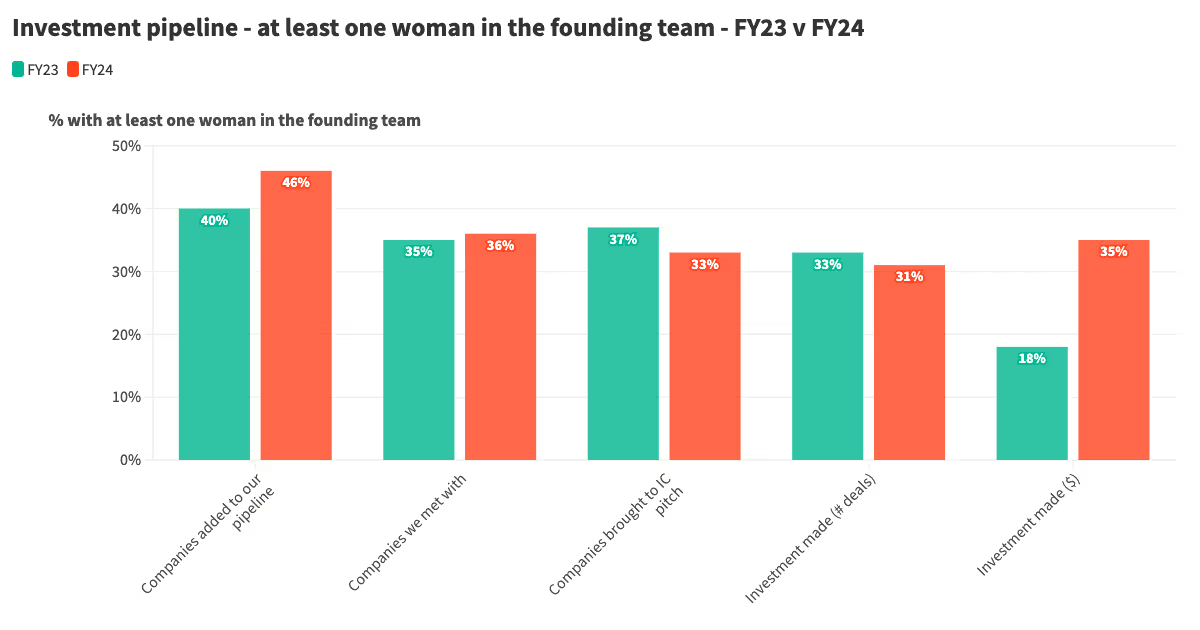
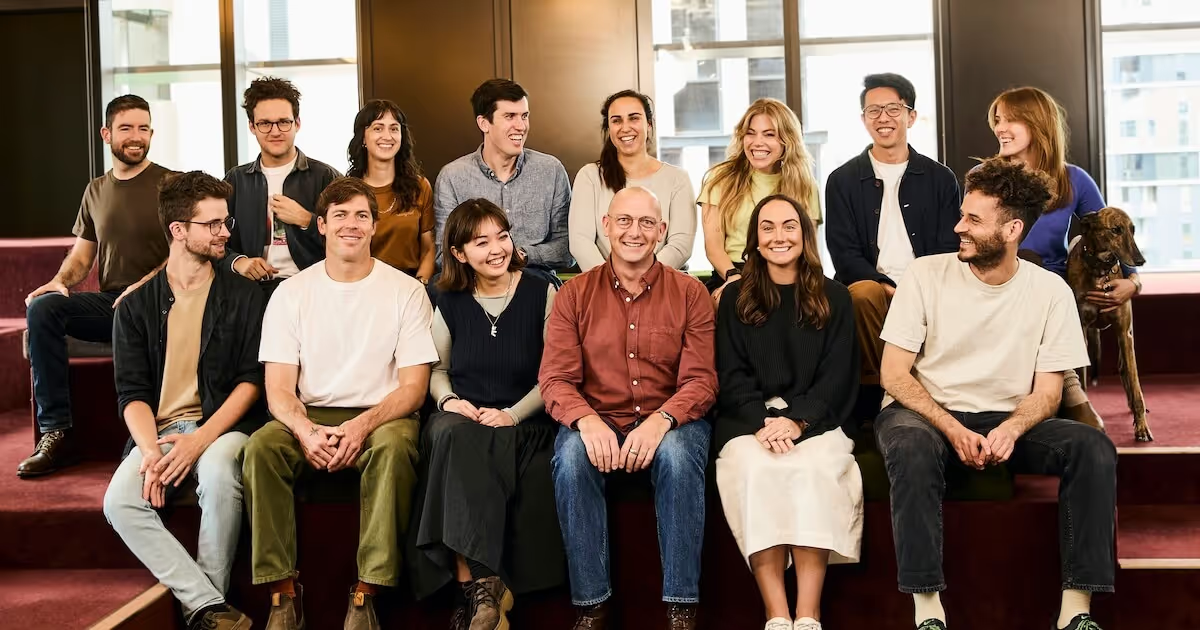
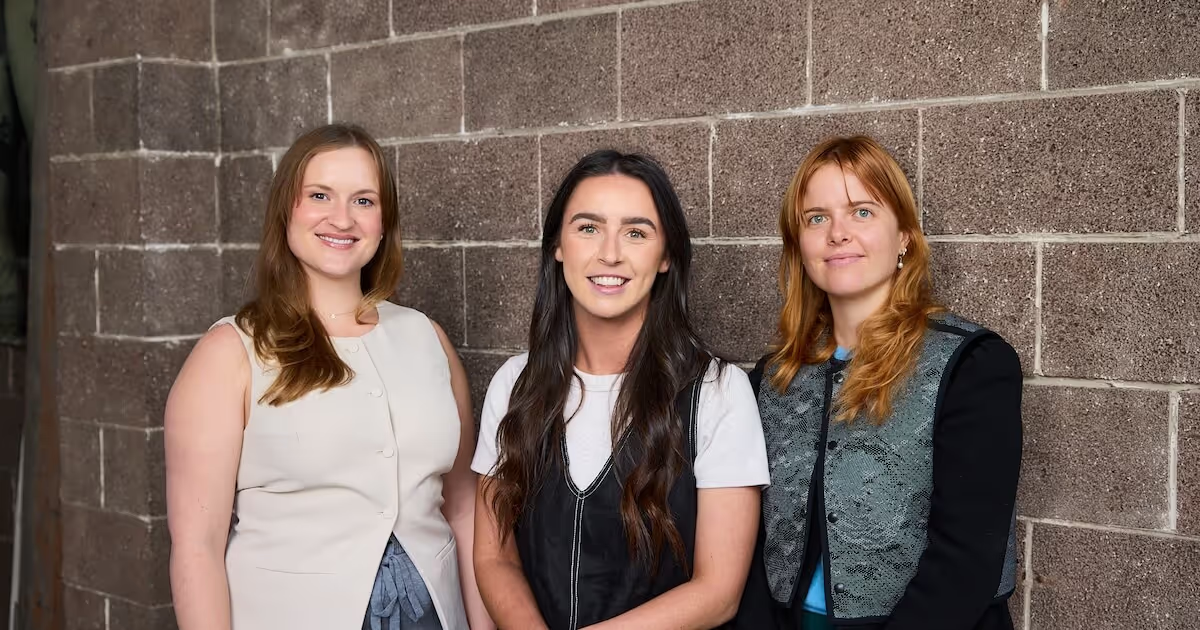


.avif)

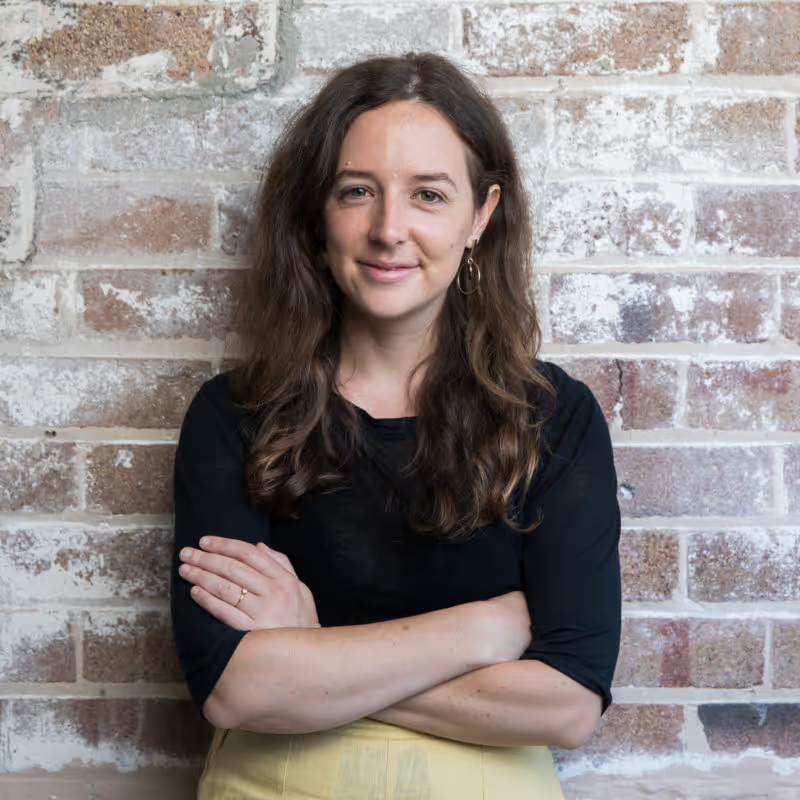

.avif)
.avif)


.avif)
